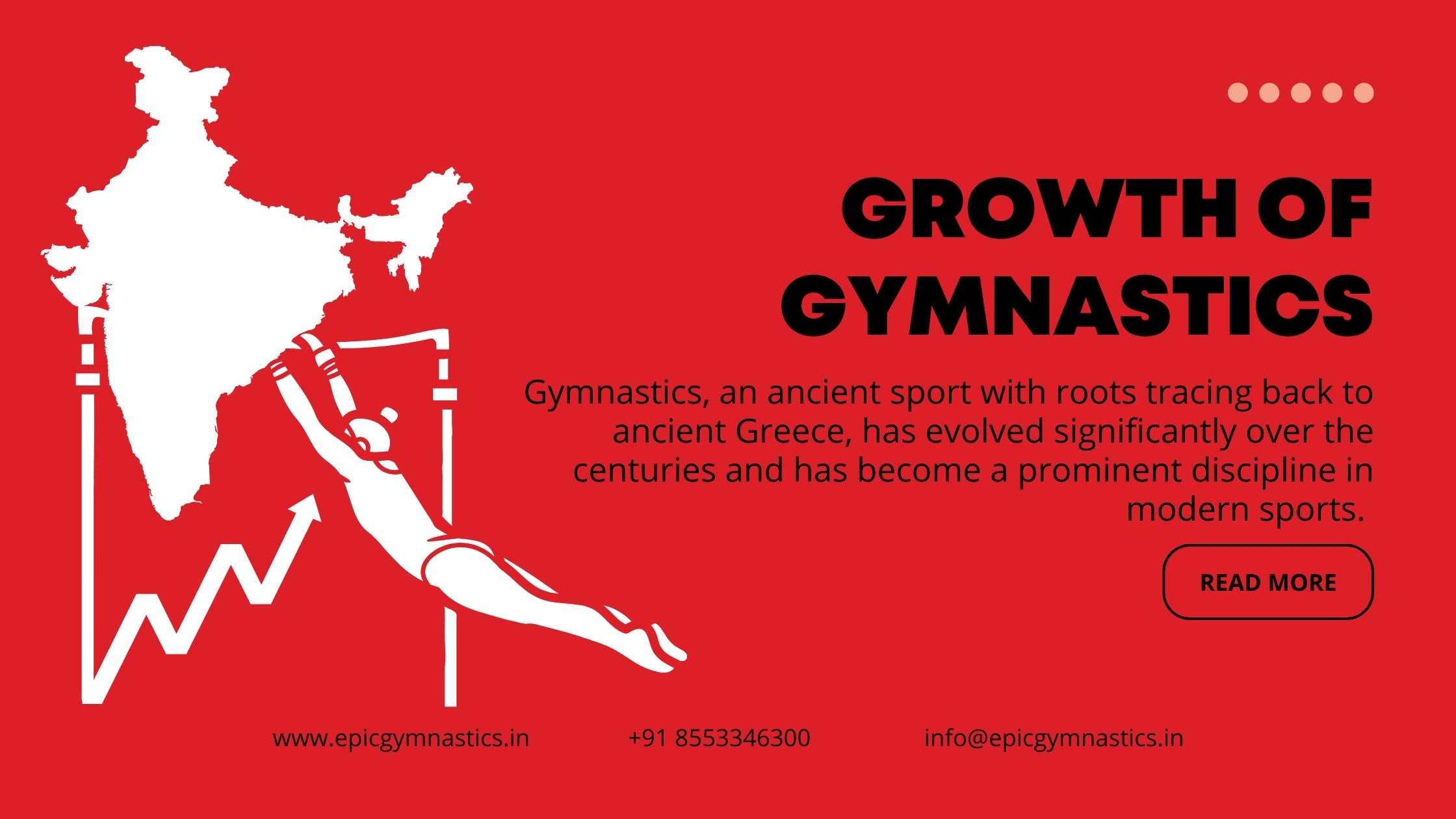Gymnastics, an ancient sport with roots tracing back to ancient Greece, has evolved significantly over the centuries and has become a prominent discipline in modern sports. In India, gymnastics has experienced a unique journey, marked by significant achievements and challenges. This article delves into the history, development, key figures, and future prospects of gymnastics in India, providing a comprehensive overview of the sport’s landscape in the country.
Historical Background
Gymnastics’ history in India dates back to the early 20th century. The British colonial period introduced the sport to India. Initially, only a few schools and colleges used it, primarily for physical training purposes. The first notable participation of Indian gymnasts on an international stage occurred during the 1951 Asian Games held in New Delhi. This event marked the beginning of India’s journey in competitive gymnastics.
Development of gymnastics in India
Early efforts and institutional support
The early development of gymnastics in India was slow, with limited infrastructure and coaching facilities. However, with the formation of the Gymnastics Federation of India (GFI) in 1951, the sport received formal structure and governance. The GFI played a crucial role in organising national championships and facilitating participation in international events.
Infrastructure and training facilities
One of the major challenges faced by gymnastics in India has been the lack of adequate infrastructure and training facilities. We have made efforts over the years to improve this aspect. Gymnastics training centers in various states, including Sports Authority of India (SAI) centers, have provided young gymnasts with better facilities and coaching.
Coaching and talent development
Coaching plays a vital role in the development of any sport. In India, the availability of qualified gymnastics coaches has been a significant issue. To address this, the GFI and SAI have organised various coaching clinics and certification programmes to enhance the skills of existing coaches and train new ones. Additionally, the GFI and SAI have invited foreign coaches to impart advanced training techniques to Indian gymnasts and coaches.
Achievements and milestones
International Success
Indian gymnasts have gradually made their mark on the international stage. Some of the notable achievements include:
- Ashish Kumar: One of the most prominent Indian gymnasts, Ashish Kumar, brought laurels to the country by winning a bronze medal in the 2010 Commonwealth Games in Delhi. This was a historic moment, as it was the first-ever gymnastics medal for India in the Commonwealth Games.
- Dipa Karmakar: She achieved another significant milestone by becoming the first Indian female gymnast to qualify for the Olympics. She finished fourth in the women’s vault final at the 2016 Rio Olympics, narrowly missing out on a medal but earning widespread acclaim for her performance.
- Pranati Nayak: Pranati Nayak has also contributed to India’s gymnastics success, winning a bronze medal in the vault event at the 2019 Asian Artistic Gymnastics Championships.
National Championships and Grassroots Development
The National Gymnastics Championships, organised by the GFI, have been instrumental in identifying and nurturing talent at the grassroots level. These championships provide a platform for young gymnasts to showcase their skills and gain recognition. The introduction of age-group competitions has further contributed to the systematic development of young athletes.
Challenges and Obstacles
Infrastructure and funding
Despite the progress, gymnastics in India faces several challenges. The lack of adequate infrastructure remains a significant hurdle. Many training centers lack modern equipment, which hinders training quality. Additionally, funding for gymnastics is often limited, affecting its ability to provide world-class facilities and training opportunities.
Coaching and technical expertise
The shortage of qualified coaches and technical experts continues to be a challenge. While efforts have been made to improve coaching standards, there is still a need for more systematic and widespread training programs. The involvement of international coaches has helped, but sustainable development requires building a robust domestic coaching network.
Recognition and Popularity
Gymnastics is less popular in India than cricket and football. This lack of popularity translates into limited media coverage and sponsorship opportunities. As a result, many talented gymnasts struggle to gain the recognition and financial support they need to excel.
The Role of Government and Organisations
Government Initiatives
The Indian government, through the Ministry of Youth Affairs and Sports, has launched various schemes to promote gymnastics. The Khelo India initiative aims to identify and nurture talent at the grassroots level, providing financial assistance and training facilities to promising athletes.
The Sports Authority of India (SAI)
SAI has played an important role in India’s gymnastics development. The establishment of SAI training centres across the country has provided gymnasts with access to better facilities and coaching. SAI also organises national camps and provides financial assistance to athletes representing India in international competitions.
The Gymnastics Federation of India (GFI)
The GFI continues to play an important role in India’s governance and promotion of gymnastics. By organizing national championships, facilitating international participation, and conducting coaching clinics, the GFI has significantly contributed to the sport’s growth.
The future of gymnastics in India
Talent identification and development
The future of gymnastics in India looks promising, with several young talents emerging from different parts of the country. The focus on talent identification and development at the grassroots level is crucial for sustaining this momentum. Schools and colleges can play a vital role in promoting gymnastics by including it in their sports curriculum and providing necessary facilities.
Infrastructure and funding
Improving infrastructure and securing adequate funding are essential for the future growth of gymnastics in India. Public-private partnerships can be explored to develop state-of-the-art training centers. Additionally, attracting sponsorship and media coverage will help to popularize the sport and provide financial support to gymnasts.
Coaching and technical expertise
Investing in coaching and technical expertise is critical for India’s gymnastics development. We should intensify training programmes for coaches at both national and state levels. Collaborations with international gymnastics federations can provide exposure to advanced training techniques and help Indian coaches improve their skills.
Popularising Gymnastics
We should make efforts to popularise gymnastics and raise awareness about its benefits. Organising gymnastics events, exhibitions, and competitions at the school and college levels can help generate interest among young athletes. Media coverage and promotional campaigns can also play a significant role in increasing the sport’s visibility.
Conclusion
Gymnastics in India has come a long way since its introduction in the early 20th century. Despite facing numerous challenges, the sport has witnessed significant achievements and growth. This progress has been aided by the efforts of the Gymnastics Federation of India, the Sports Authority of India, and various other stakeholders. With continued focus on infrastructure development, coaching excellence, and grassroots promotion, the future of gymnastics in India looks promising. As more young talents emerge and gain recognition, gymnastics has the potential to become a major sport in the country, inspiring generations to come.








